Amidst the backdrop of the current milk powder crisis the Health Ministry today (Feb 7) confirmed that milk powder being imported into the country was safe for consumption and that imports have not been adulterated with any fat.
All imported consignments are accompanied by a certificate of analysis from a laboratory accredited to conduct the test, Acting Director General of Health Services Dr. S.C. Wickramasinghe said in a press release.
The release noted that a health certificate from New Zealand accompanies all milk powder consignments. This would ensure that the product “does not contain fats and oils of non dairy origin”.
Further, Dr. WIckremesinghe said that the Sri Lanka Standards Institute (SLSI) checks for laboratory certificates of the product while ensuring that they meet the Sri Lankan standard for milk powder.
All milk food samples are tested for radiation at the Atomic Energy Board while one in four samples are sent randomly for microbiology and fat level testing to the Health Ministry.
A DCD (dicyandiamide) – which is a chemical of low toxicity test, is also carried out on the samples at the Industrial Technology Insititute (ITI), the release noted.
In addition, milk powder samples are also tested for fat or any other substances at the ITI. In 2019, five samples have been sent for testing and are awaiting results.
Accordingly, Dr. Wickremesinghe said that based on these testing procedures it could be confirmed that imported milk powder is suitable for consumption.
You can share this post!
Content
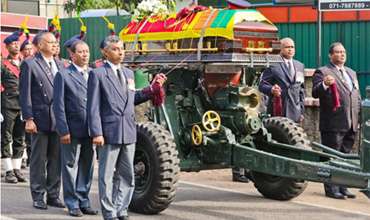
My acquittance with Chula goes back to 1976, 77 where Ananda Under 15 Soccer practices had in Cambel place, Chula was a brilliant mid fielder could kick the ball from both legs
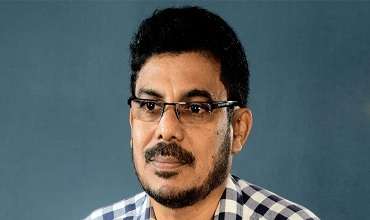
Former Speaker and NPP MP Asoka Ranwala was arrested today following a road accident in the Denimulla area of Sapugaskanda last night, police said.
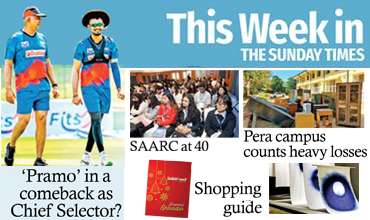
Read this week’s Sunday Times for your interesting articles
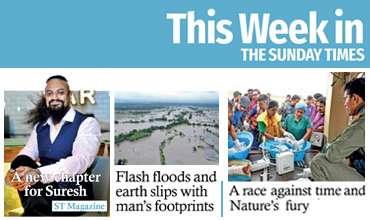
Read this week’s Sunday Times for your interesting articles
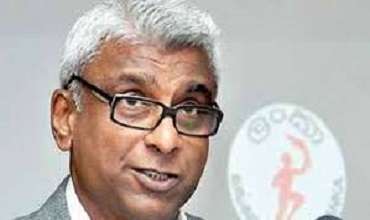
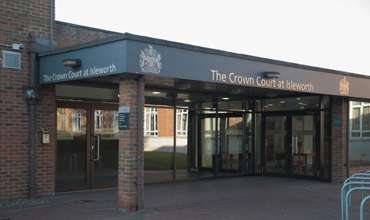



Leave Comments